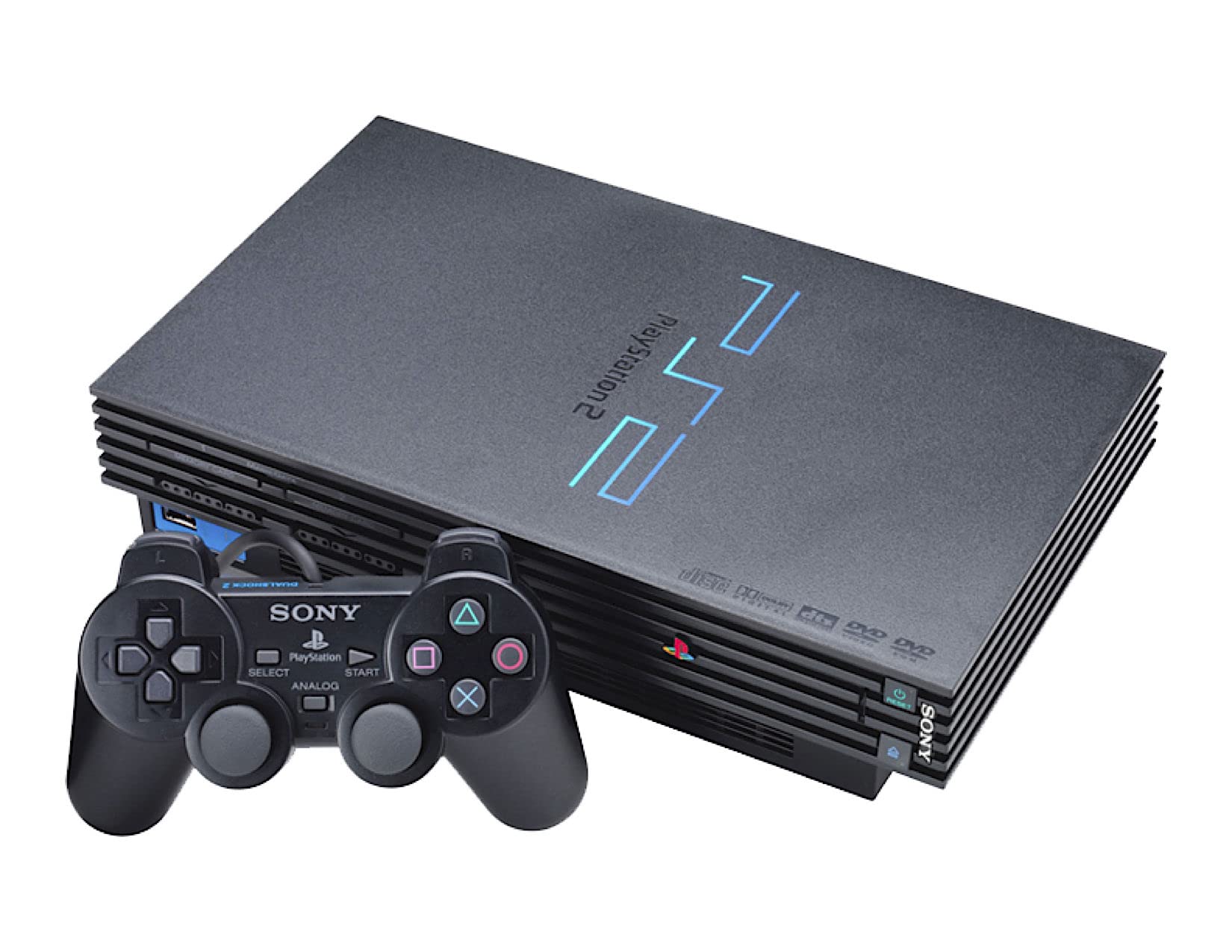exactly the same as 64 bit computing, except pointers now take up twice as much ram, and therefore you need mire baseline momory throuput/ more cache, for pretty much no practical benefit. Because we aren’t close to fully using up a 64-bit address space .
Our modern 64 bit processors do use 128 bits for certain vector operations though, don’t they? So there is another aspect apart from address space.
Yes, up to 512 bits since Skylake. But there are very few real-world tasks that can make use of such wide data paths. One example is media processing, where a 512-bit register could be used to pack 8 64-bit operands and act on all of them simultaneously, because there is usually a steady stream of data to be process using similar operations. In other tasks, where processing patters can’t make use of such batched approaches, the extra bits would essentially be wasted.
I came here to leave a snarky comment but then I read this thread. Now I feel sad and really confused.




